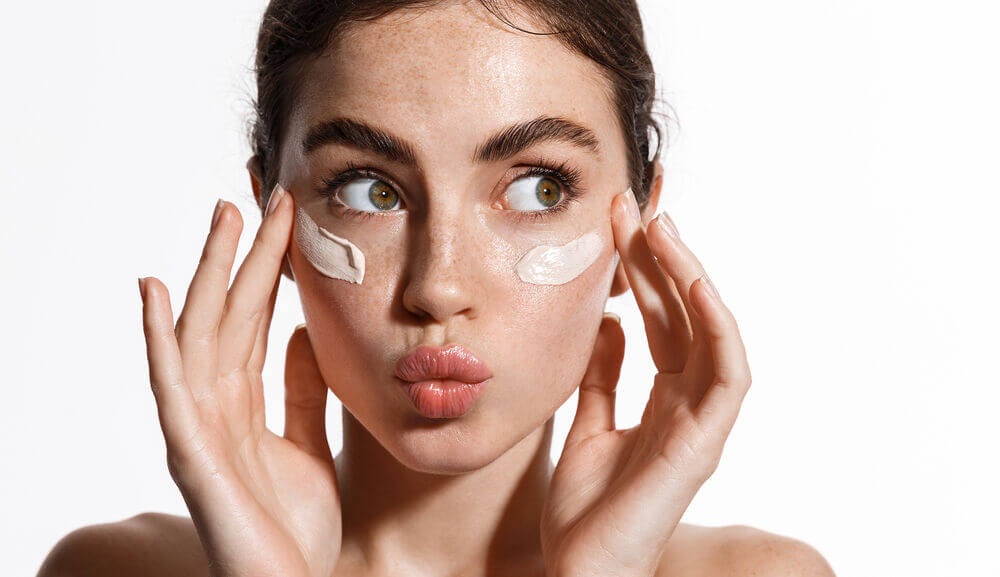It’s not just about keeping your skin clean. This article will cover the importance of keeping your hands clean, protecting your skin from the sun, and staying out of water that can contain bacteria. These are essential measures to prevent infections and keep you healthy and look younger. These precautions can help you avoid many skin problems down the road. Visiting the best skin specialist in Dubai can also help you protect your skin. We hope this article has been useful! Don’t forget to share this article with your friends and family so that they can benefit from the tips we’ve provided.
Personal hygiene:
The most important way to protect yourself from skin infections is to wash your hands regularly. Ensure to wash your hands with soap and warm water after eating, caring for a sick person, handling pets, garbage, and laundry. Use an alcohol-based hand sanitizer to protect yourself from germs and bacteria. Also, use disposable wipes in the bathroom and avoid touching surfaces that have water or other contaminated materials.
Hand washing:
While COVID has put people on the alert to clean their hands more often, hand washing has other benefits. It protects your skin from infections by protecting it from various infectious diseases. Use soap and water rather than alcohol-based hand sanitizers. Hands that are constantly wet can harbor a range of bacteria, viruses, and fungi. Some of these illnesses are severe and require medical attention.
Sun protection:
The sun is harmful to your health, not just because it can cause infection. UV rays cause damage to the retina in the eyes. They can also cause cataracts, skin cancer, and even sunburn. Fortunately, there are ways to reduce your risk of skin cancer and infection by wearing proper sun protection. Follow these simple steps. Apply sunscreen generously to all exposed areas, and reapply it at least every two hours.
Staying out of infected water:
The easiest way to prevent infection on your skin is to practice proper personal hygiene. This means washing your hands regularly, showering, and sanitizing your body. Using disposable wipes in the bathroom can also be helpful. Avoid touching infected areas on your body, such as a shower curtain or faucet. Make sure to disinfect all surfaces with soap after touching them. Before drinking it, you should also boil water and avoid eating uncooked fruits and vegetables.


